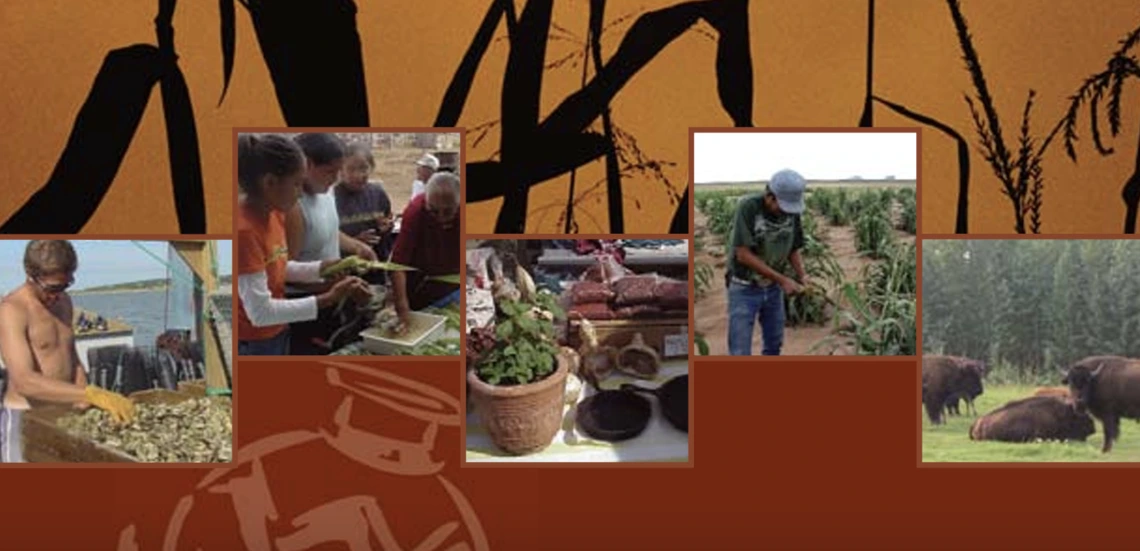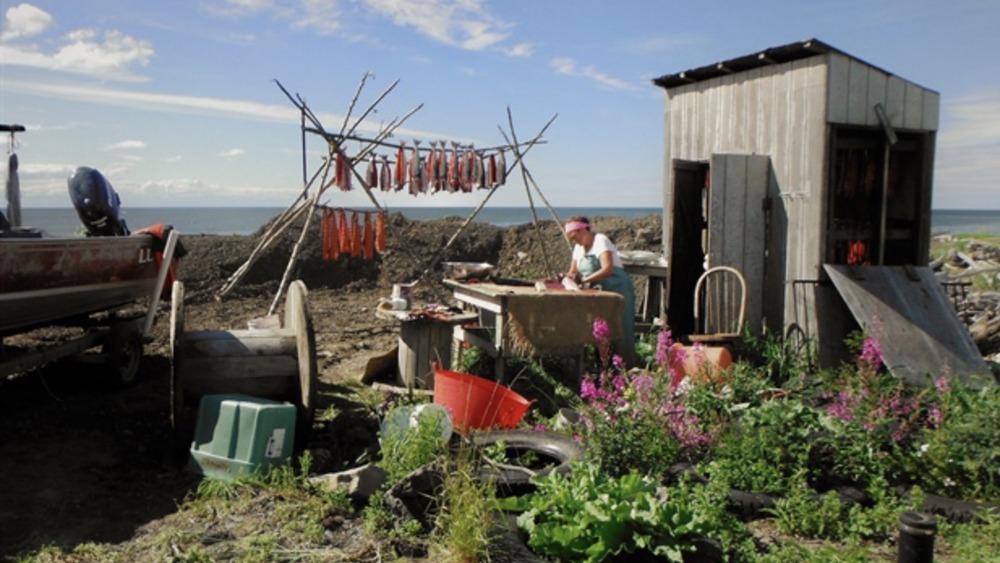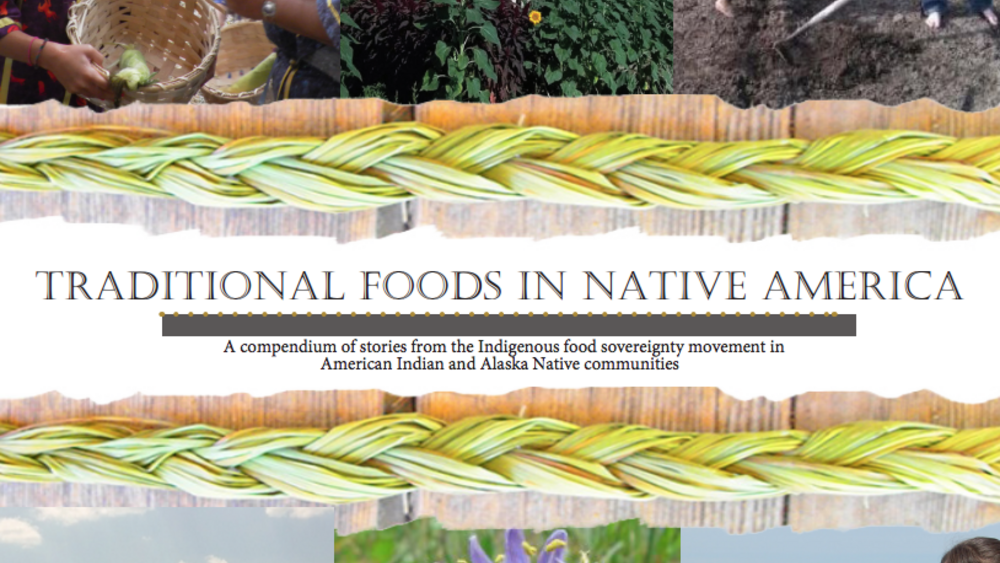There are many assets related to Native food systems. Increased consumption of healthy and traditional foods may lead to better health among community members, preserving one of the most important assets in any community, its people. Of course, healthy, productive people are a cornerstone of any healthy community, but the last 200 years of federal policy toward Native Americans has reduced their control of land, disrupted traditional agricultural practices, and dramatically changed diets. Despite challenges created by historical practices and current environments in Native communities, there are many examples of successful projects whereby people are reclaiming local food systems, educating community members about diet-related diseases, revitalizing traditions associated with agriculture, and developing new food and agricultural enterprises. Food sovereignty assessments are one strategy that can be used to help reach these goals, and to revitalize Native agriculture and food systems. Implementing these tools will assist in identifying barriers and opportunities in the areas of health, economic development, and cultural revitalization as they relate to food and agriculture.
Additional Information
Bell-Sheeter, Alicia. Food Sovereignty Assessment Tool. Native Agriculture and Food Systems Initiative. First Nations Development Institute. Fredericksburg, Virginia. 2004. Tool. (http://www.indigenousfoodsystems.org/sites/default/files/tools/FNDIFSATF..., accessed May 5, 2023)




